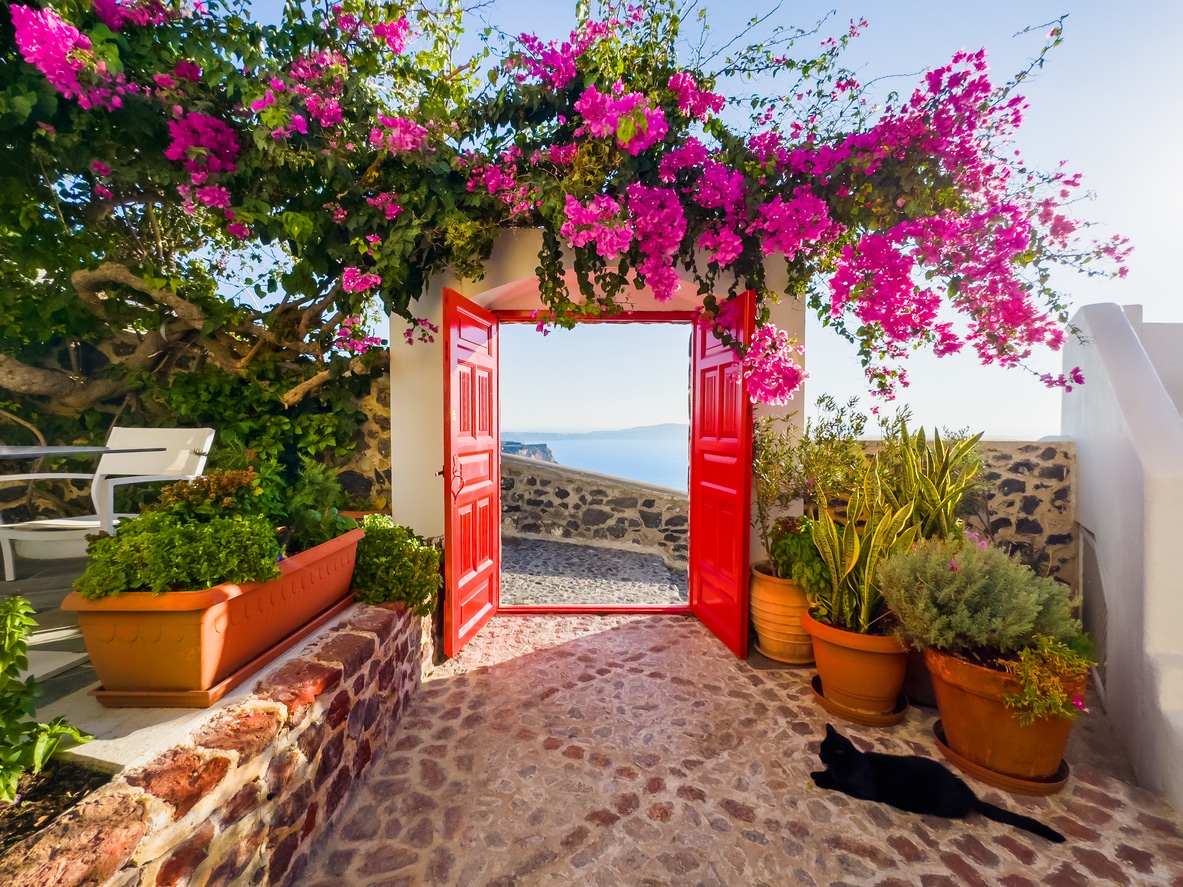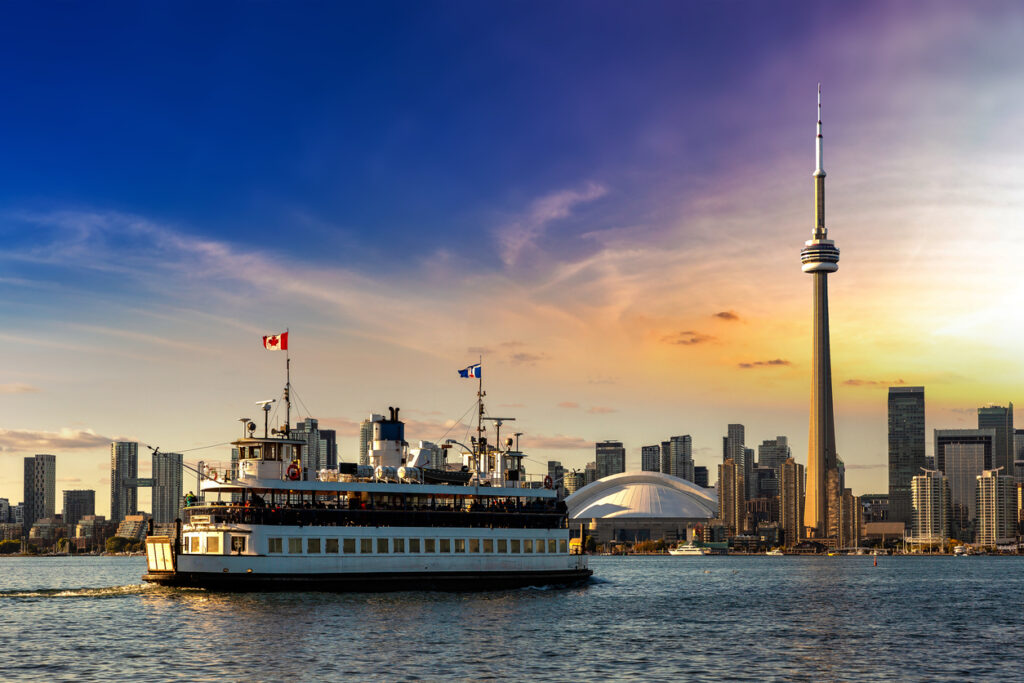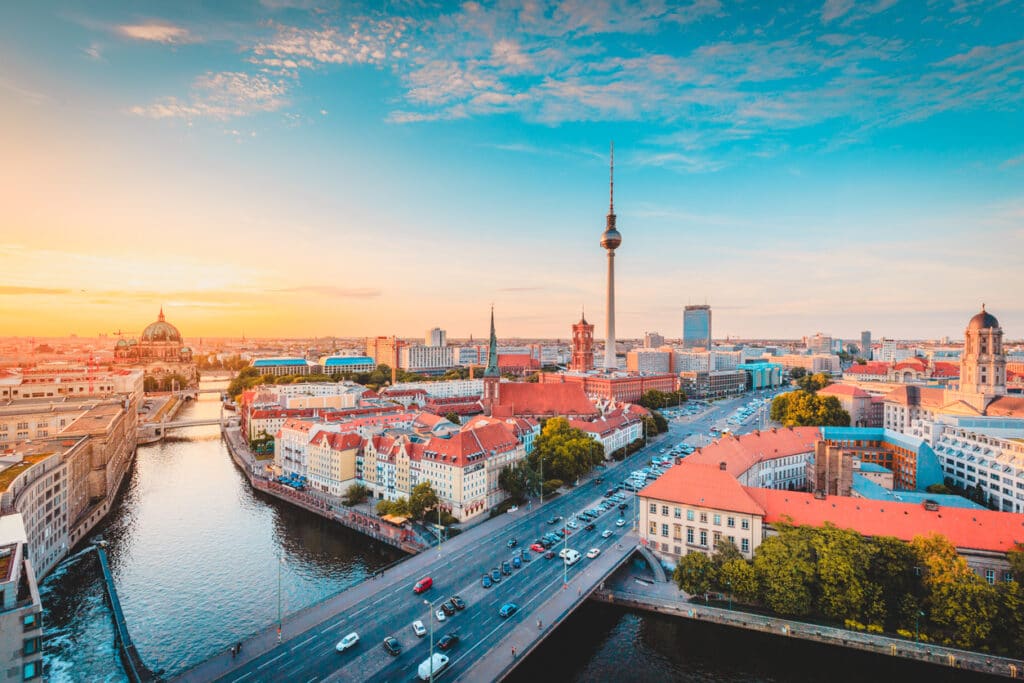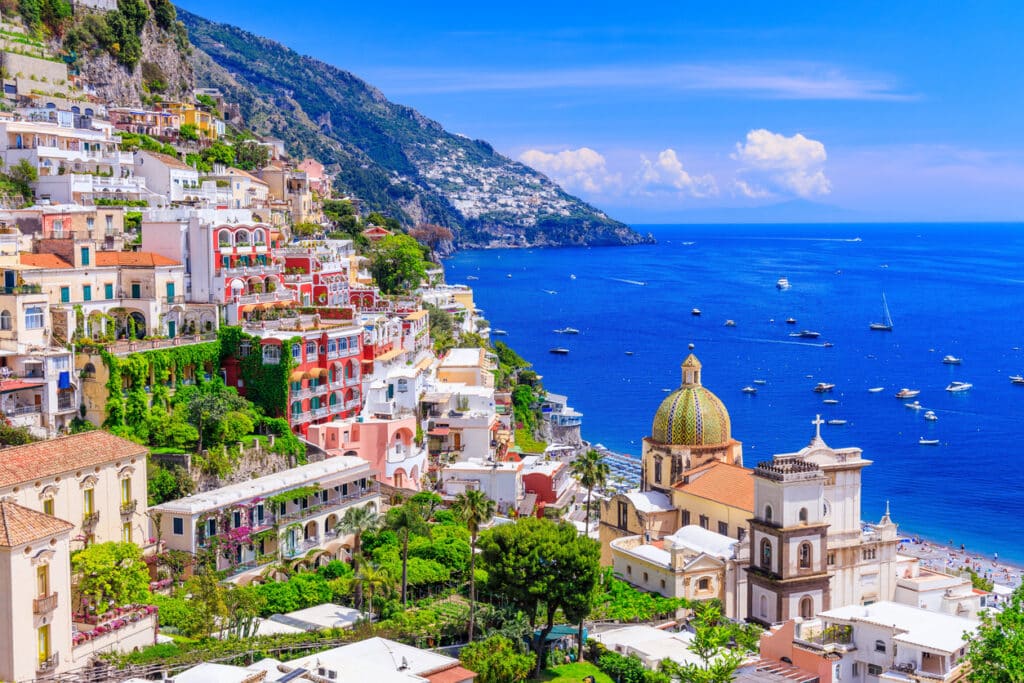A Golden Visa is like stepping into the priority lane at immigration—not because of your frequent flyer miles, but because you’ve made a qualifying investment. Countries use these programs to attract foreign capital, and in return, investors get long-term residency, visa-free travel perks, and sometimes even a path to citizenship.
For non-EU citizens, especially Americans chasing global mobility, a higher quality of life, or simply the thrill of calling Europe home, Golden Visas have become a ticket to both opportunity and adventure. And with more countries competing to attract investors, the options in 2025 are more varied—and more tempting—than ever.
📋 Key Updates for 2025
- Spain officially ended its Golden Visa program for real estate investment on April 3, 2025, so new applications under that route are no longer accepted.
- Portugal’s immigration authority (AIMA) is launching a fully digital application portal in January 2026, which will streamline the Golden Visa process and reduce paperwork delays.
- Portugal’s draft citizenship law proposes extending the residency requirement for naturalization from 5 years to 10 years for many Golden Visa holders.
What is a Golden Visa?
A Golden Visa is a residency by investment program that allows non-EU citizens to live in a foreign country in exchange for making a qualifying investment.
Typical routes include:
- Participation in approved investment funds or venture capital funds
- Real estate investment (still common in countries like Greece, Cyprus, or the UAE, but no longer available in Portugal)
- Job creation or direct contributions to government-approved projects
For the main applicant, benefits usually extend to family members, often with access to healthcare, education, and—in many countries—the right to work.
Some programs also create a pathway to citizenship through naturalisation (e.g., Portugal after 5 years of residence under current law, or Italy after 10 years). Others, like Malta, offer citizenship by naturalisation for exceptional services tied to residence and significant contributions, while Latvia offers only residency by investment, not citizenship.
Each program has its own process, minimum investment amount, and timeline, so it’s important to compare the details. With careful planning, a Golden Visa can lead to permanent residency—or even citizenship—in the host country.
Golden Visa programs by country
While the basic idea of a Golden Visa is the same everywhere—trade an investment for residency—the details change dramatically depending on the country. Some focus on real estate, others prefer investment funds, and each has its own quirks when it comes to processing times, minimum amounts, and residency requirements.
Portugal Golden Visa
- Qualifying investment: Since October 2023, all real estate routes have been eliminated. Current options include:
- €500,000+ in approved investment funds (non-real estate)
- €500,000+ in research activities
- €250,000+ cultural contribution/donation
- Significant job creation initiatives
- Residency status: Renewable residence permit with a pathway to long-term residency and potential citizenship after 5 years (though a 2025 proposal may extend this to 10 years).
- Benefits: Schengen-wide visa-free travel, family inclusion, and the ability to open EU bank accounts.
Italy Investor Visa
- Investment requirements: €250,000 in startups, €500,000 in an Italian company, or €2 million in government bonds.
- Residency: Renewable visa, with citizenship possible after 10 years.
- Benefits: Family rights, world-class healthcare, and let’s be honest—the gelato alone makes it worth considering.
Greece Golden Visa
- Minimum investment: From 2024 onward, thresholds are:
- €800,000 in designated high-demand areas (Athens, Thessaloniki, Mykonos, Santorini, etc.)
- €400,000 in other regions
- Residency rights: Covers the whole family and does not require you to live in Greece full-time.
- Benefits: Schengen-wide visa-free travel, plus the appeal of property ownership in Greece.
Cyprus Golden Visa
- Qualifying investment: €300,000 in real estate, company shares, or investment funds.
- Residency: Fast-track permanent residence permit under Regulation 6(2).
- Benefits: Long-term residency rights in Cyprus for the whole family. (Note: Cyprus is an EU member but not part of Schengen, so this residency does not give Schengen-wide travel privileges. Cyprus’s citizenship-by-investment program was abolished in 2020; citizenship now requires standard naturalisation.)
Hungary Golden Visa
- Investment requirement: €250,000 in an approved real-estate investment fund. (Note: the previous €500,000 direct property purchase route was withdrawn in late 2024.)
- Benefits: 10-year residence permit extendable to family members, with Schengen travel access. Budapest’s ruin pubs remain a bonus.
UAE (Emirates) Golden Visa
- Residency terms: 5- or 10-year visas.
- Investment options: Real estate, startups, or deposits.
- Benefits: Family residency, mandatory health insurance, no income tax, and a serious amount of long-term stability.
Caribbean Citizenship by Investment
- Countries: Antigua & Barbuda and others.
- Investment options: Real estate or donations from ~$230,000.
- Benefits: Immediate citizenship, visa-free travel to 100+ countries, and a beach view to celebrate your new passport.
Other Options
- Canada (Quebec IIP): The federal Immigrant Investor Program ended in 2014. The Quebec Immigrant Investor Program reopened in 2024 with stricter rules, including French-language ability, net-worth requirements, and investment obligations.
- New Zealand (Active Investor Plus): Reformed in 2025 with two categories:
- Growth: NZD 5 million investment over 3 years (21 days residence required)
- Balanced: NZD 10 million investment over 5 years (105 days residence, reducible with extra growth investment)
Benefits: Both Canada (via Quebec) and New Zealand offer family inclusion, high quality of life, and potential citizenship after the required residence years—though at a high financial entry point.
Common requirements across programs
While every Golden Visa program has its quirks, most share a few core requirements. If you’re thinking of joining the ranks of Golden Visa holders, expect to check these boxes:
- Core paperwork: A valid passport, proof of funds, a clean criminal record, and health insurance are almost always required.
- Due diligence checks: Every immigrant investor program runs background screenings to keep the scheme attractive to serious entrepreneurs and investors.
- Processing time: Some countries move fast (think 3–6 months), while others make you wait years before granting a residence visa.
- Residency rights: Most programs issue a residency card that extends to family members, with perks like Schengen Area travel across multiple EU countries.
💡 Pro Tip:
Even if the paperwork feels straightforward, small details—like proving your source of foreign investment or keeping health insurance current—can make or break your Golden Visa application.
Investing in residency, not just real estate
A Golden Visa isn’t just about property deeds or investment funds—it’s about unlocking residency rights, better mobility, and in some cases, a path to citizenship. For many foreign investors, it’s as much about quality of life as it is about financial opportunity.
At Bright!Tax, we specialize in helping U.S. taxpayers untangle the international tax implications of their residency plans. Whether your qualifying investment is in Portugal, Spain, or halfway across the Caribbean, our team ensures your visa scheme lines up with your U.S. tax obligations. Ready to make your move? Let’s talk.
Frequently Asked Questions
-
Who is eligible for a Golden Visa?
Eligibility depends on the country, but applicants typically need to make a qualifying investment—such as a real estate investment, an investment fund contribution, or government bonds—and provide required documents like a valid passport, proof of funds, and a clean criminal record.
-
Do Golden Visas always require real estate investment?
No. While many countries include real estate investment as an option, others offer investment opportunities through venture capital funds, job creation, or government bonds. The flexibility varies by program.
-
What documents are usually required?
Most programs ask for standard required documents: passport, bank statements, health insurance, proof of income, and sometimes proof of residence in the host country. Due diligence checks are always part of the application process.
-
Do Golden Visas lead to legal residence or citizenship?
Yes, most Golden Visa schemes grant legal residence first, often renewable every few years, with the potential to transition to permanent residency or even citizenship—especially in European Union countries like Portugal, Spain, or Greece.
-
How do Golden Visa programs differ across the European Union?
Each EU country runs its own program. Some focus heavily on real estate purchases, while others emphasize investment opportunities in startups or funds. Processing times, stay requirements, and paths to citizenship all vary.

 Connect on LinkedIn
Connect on LinkedIn

